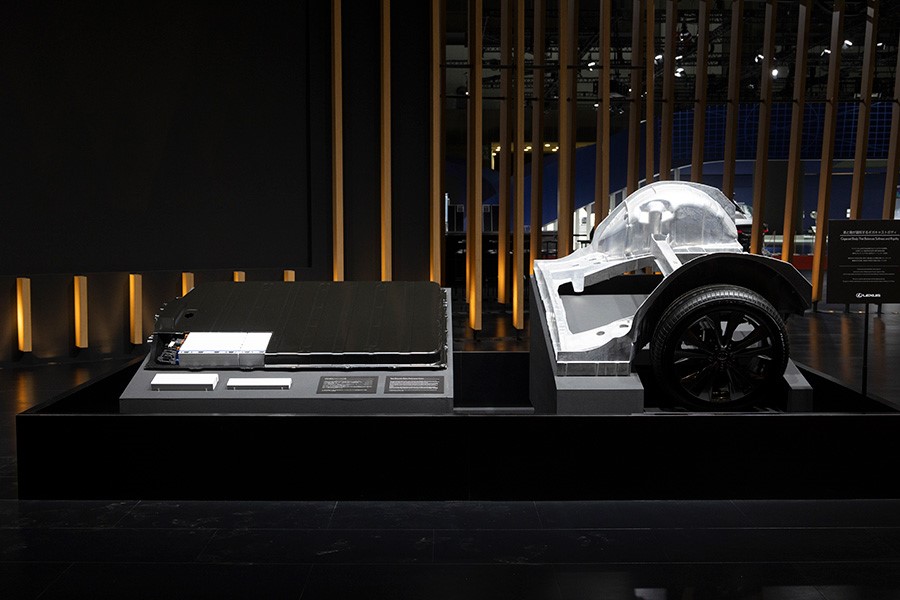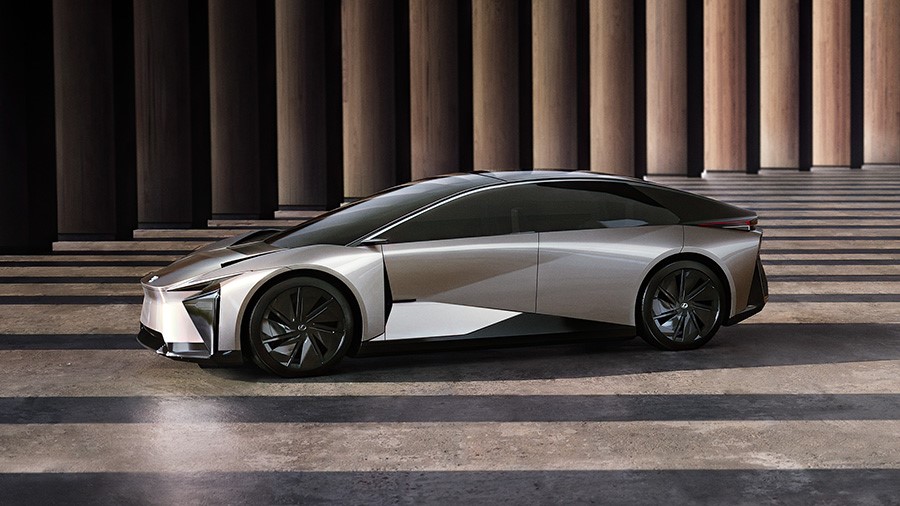Japanese broadcaster NHK has recently reported that Toyota's new Lexus brand electric vehicle, originally planned for a 2026 launch, will not be ready for production until mid-2027.
Toyota showcased an electric Lexus sedan named LF-ZC at the Japan Mobility Show in the fall of 2023, as the representative model of the company's first next-generation electric vehicle, which was initially scheduled to roll off the production line in 2026. However, it appears that the production schedule has been postponed.
According to media reports, the delay of the new Lexus electric model is due to Toyota seeking a longer development period to incorporate the "latest technologies" into the upcoming vehicles.
The new generation of electric vehicles will feature a new electric drive system, a new software platform, and innovative production techniques. Toyota aims to adopt a modular vehicle structure to launch electric vehicles in quick succession and to update them more easily. The vehicle body is divided into three parts: front, center, and rear, with the battery always housed in the center section. This approach allows the front and rear sections to remain structurally unchanged while the battery in the middle section can be adapted. Toyota sees this as "the necessary flexibility to integrate future advances in battery technology more easily into the vehicle," as the manufacturer explained in a previous press release. In terms of performance, the new Lexus LF-ZC is planned to have a range of 1,000 kilometers and a battery charge time of 20 minutes. It is reported to use prismatic cells.

Just last month, Toyota also postponed the production start of its first electric vehicle manufactured in the US from the end of 2025 to 2026 and reduced its production target for all-electric vehicles in 2026 from 1.5 million to 1 million units.
In addition, another Japanese automaker, Nissan Motor Company, is also reducing its vehicle production capacity in the United States. Recently, according to Nikkei news citing sources, influenced by the news of Trump's additional 25% tariff on Mexico, Nissan Motor Company plans to extend its production cut in the US until March next year, reducing by 17% or about 100,000 units. The production cut is expected to affect Nissan's plants in Mississippi and Tennessee. This production reduction plan is part of the Japanese automaker's broader strategy to reduce its global production capacity by 20% and lay off 9,000 workers to cut costs and simplify its asset portfolio.







